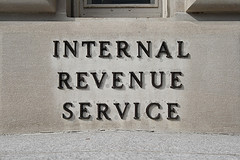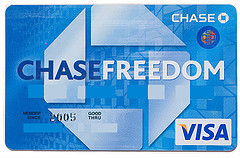When you successfully convince your credit card company that you were scammed out of thousands of dollars and that a chargeback should be issued, you’d think that would be the end of the story, but not for one Chase credit card customer who just found out — two years after receiving the money back — that Chase now says the refund is actually a forgiven debt, and that he must pay income taxes on it. [More]
1099-c

Loan Co-Signers Should Not Be On The Hook With The IRS If The Debt Is Forgiven
We’ve written numerous stories over the years about parents who co-signed student loans for their children and then were stuck with the payments when their child passed away or could not find employment. Sometimes lenders will choose to forgive that debt, but even then some are making a mistake that could continue to hurt the co-signer at tax time. [More]

You Might Have To Pay Taxes On That Canceled Credit Card Debt
That credit card debt you had was canceled or forgiven — yay! But you might have to pay the Internal Revenue Service taxes on it anyway, so — boo. You’ll find out you owe money when a 1099-C tax form comes in the mail from your lender, and probably not before then. [More]

Collection Agencies Sending Out 1099-C Forms For Zombie Debts?
It seems that some bottom-feeding debt collection companies—the ones who buy old debts that are frequently beyond the point where you can be sued for collection (what the FTC calls “time-barred debts”)—purchase old debts, mark them up with incredibly high penalties and fees, then “forgive” them and write them off as tax losses and send the debtors 1099-C forms—which means you have to pay taxes on the forgiven amount. If this happens to you, here are a few things you should consider first.


